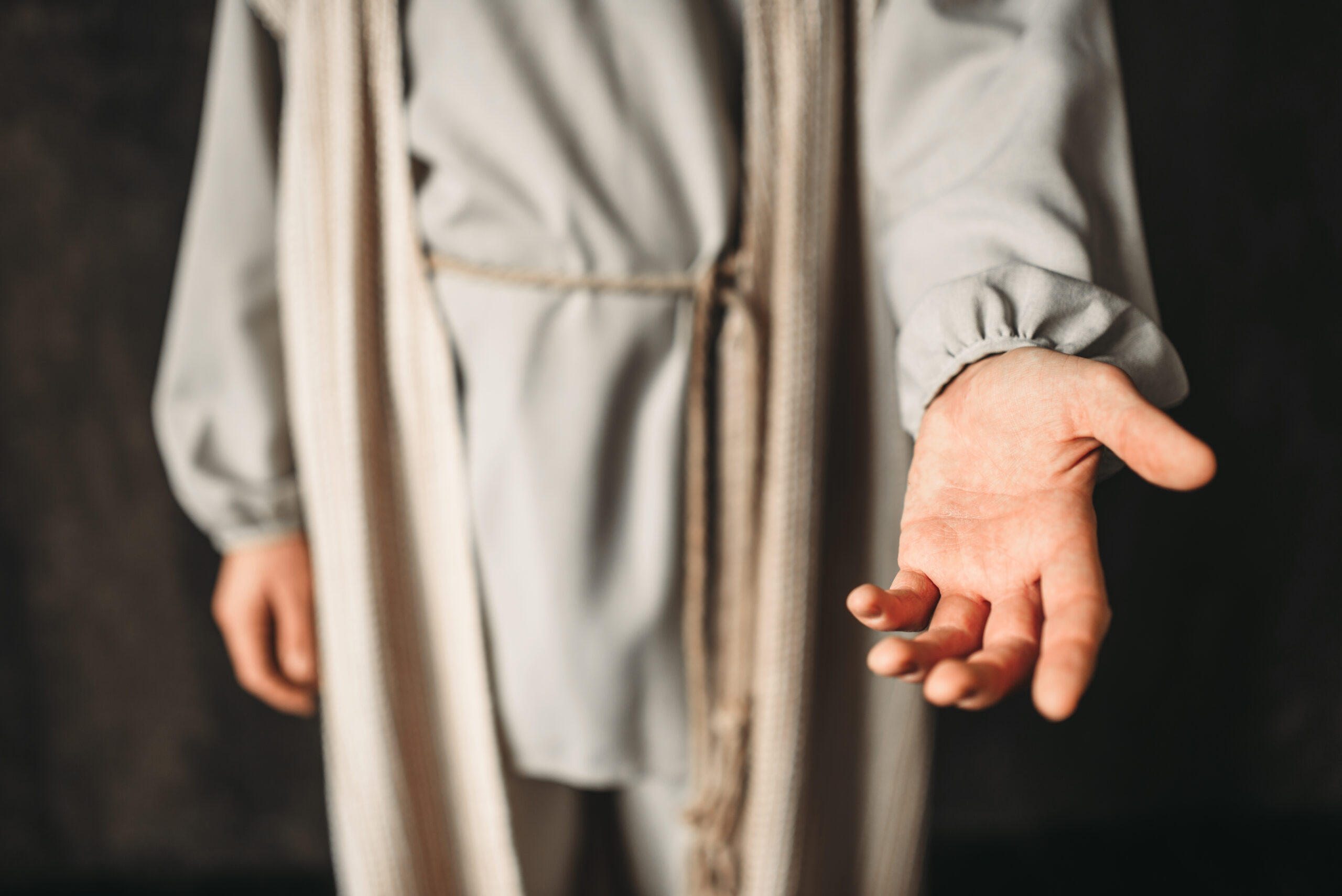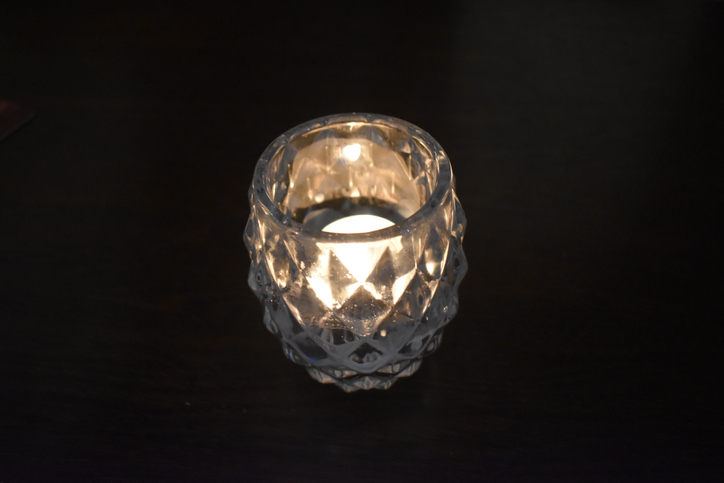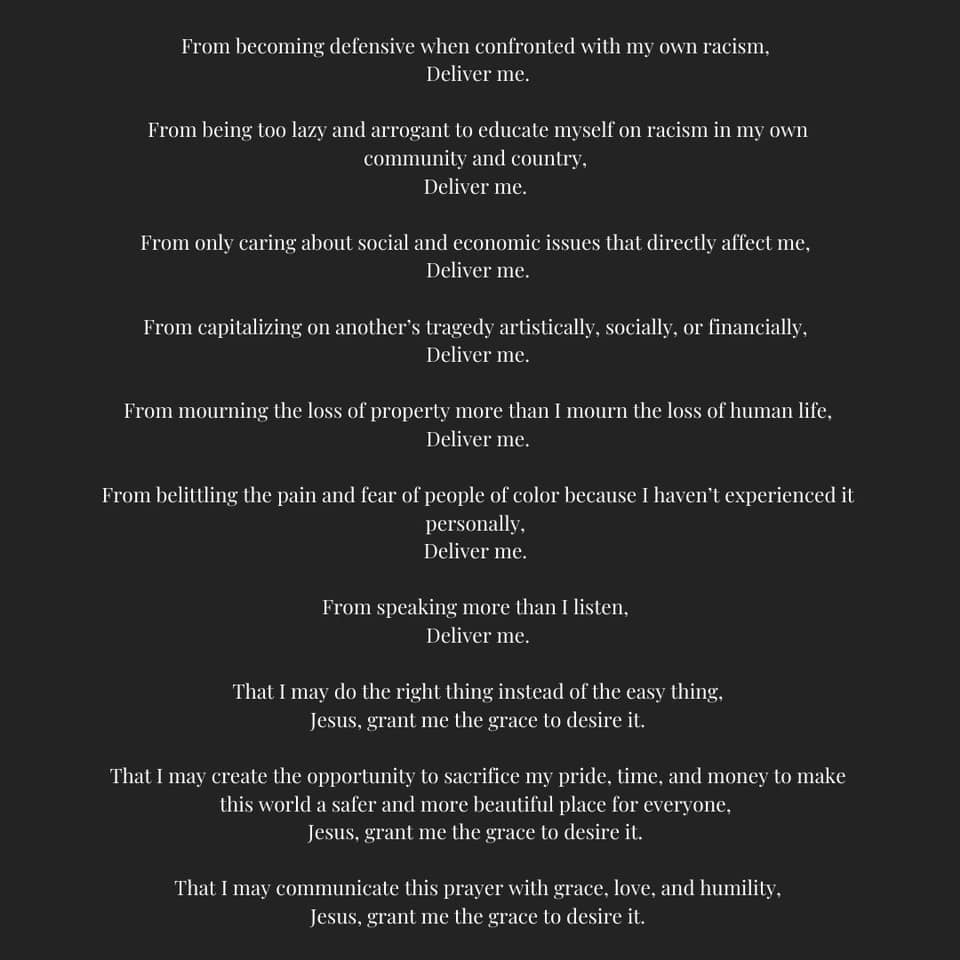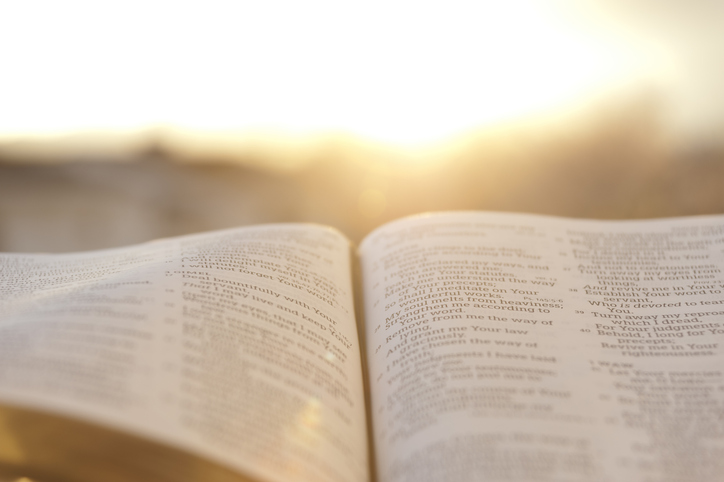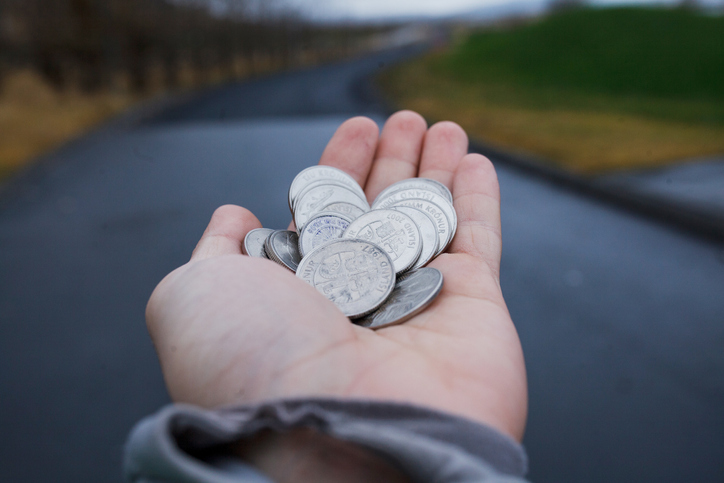When looking up the definition of humility, I came across two different responses. It was first defined as a modest or low view of one’s own importance; humbleness. The second definition states, freedom from pride or arrogance: the quality or state of being humble. Whenever I think of this topic, I think of a good friend of mine. We met in college and throughout our friendship, I began to realize that Stephen’s definition of humility followed the first definition. Whenever someone would affirm him or acknowledge his gifts, he would hang his head low and say “No, no, no. I’m not (fill in the blank)”. He was nervous that if he received these compliments and praises that he would not be “humble”. As a good friend, I called him out. He began to work on it throughout the year and as he did, he began to change. By the end of the year, there was a new sense of joy, peace, and humble confidence in him. He finally understood that humility doesn’t mean ducking your head low and rejecting or denying your own goodness. If one is truly humble, there is a sense of freedom. A freedom from the sins of pride and arrogance. When others would complement or affirm something he said or did, he then responded with “Praise God! Thank you.”
In today’s Gospel we hear the parable of the Pharisee and the tax collector. The Pharisee thanked God for not making him like everyone else and recalls all the holy things he did. The tax collector only focuses on himself, beats his breast and prayed, ‘O God, be merciful to me a sinner.’ We are told at the end of the Gospel that the tax collector was justified, not the Pharisee. The Pharisee was comparing himself with others and that is not true humility. True humility is looking into the inmost depth of your own heart, not focusing or comparing the tasks of everyone else. Jesus said, “for whoever exalts himself will be humbled, and the one who humbles himself will be exalted.”
I hope that as you continue to do God’s will in your life, you recognize that He is the source of all glory and remember that whoever exalts himself will be humbled, and the one who humbles himself will be exalted.
Al buscar la definición de la humildad, encontré dos respuestas diferentes. Primero se definió como una visión modesta o baja de la propia importancia. La segunda definición establece, libertad de orgullo o arrogancia: la cualidad o estado de ser humilde. Cada vez que pienso en este tema, pienso en un amigo cercano. Nos conocimos en la universidad y a lo largo de nuestra amistad, comencé a darme cuenta de que la definición de humildad para él era la primera. Cada vez que alguien lo afirmaba o reconocía sus dones, bajaba la cabeza y decía “No, no, no. Yo no soy (esto o el otro)”. Se ponía nervioso de que si recibía estos elogios no sería “humilde”. Como buen amigo, le llamé la atención. Empezó a trabajarlo durante todo el año y mientras lo hacía, empezó a cambiar. Al final del año, había una nueva sensación de gozo, paz y humilde confianza en él. Finalmente entendió que la humildad no significa agachar la cabeza y rechazar o negar tu propia bondad. Si uno es verdaderamente humilde, hay una sensación de libertad. Una libertad de los pecados del orgullo y la arrogancia. Después de un tiempo, cuando le felicitaban o afirmaban algo que dijo o hizo, empezó a responder “¡Alabado sea Dios! Gracias.”
En el Evangelio de hoy escuchamos la parábola del fariseo y el recaudador de impuestos. El fariseo agradeció a Dios por no haberlo hecho como los demás y recuerda todas las cosas santas que había hecho. El recaudador de impuestos sólo se enfoca en sí mismo, se golpea el pecho y ora: ‘Dios mío, apiádate de mí, que soy un pecador’. Se nos dice al final del Evangelio que el recaudador de impuestos fue justificado, no el fariseo. El fariseo se comparaba con los demás y eso no es verdadera humildad. La verdadera humildad es mirar en lo más profundo de tu propio corazón, sin enfocar o comparar las obras de los demás. Jesús dijo: “Porque todo el que se enaltece será humillado y el que se humilla será enaltecido”.
Espero que a medida que continúes haciendo la voluntad de Dios en tu vida, reconozcas que Él es la fuente de toda gloria y recuerdes que el que se enaltece será humillado, y el que se humilla será enaltecido.
This reflection was re-posted from Diocesan Archives. Author: Briana David
Feature Image Credit: Ben White, unsplash.com/photos/1urNubNAQbI
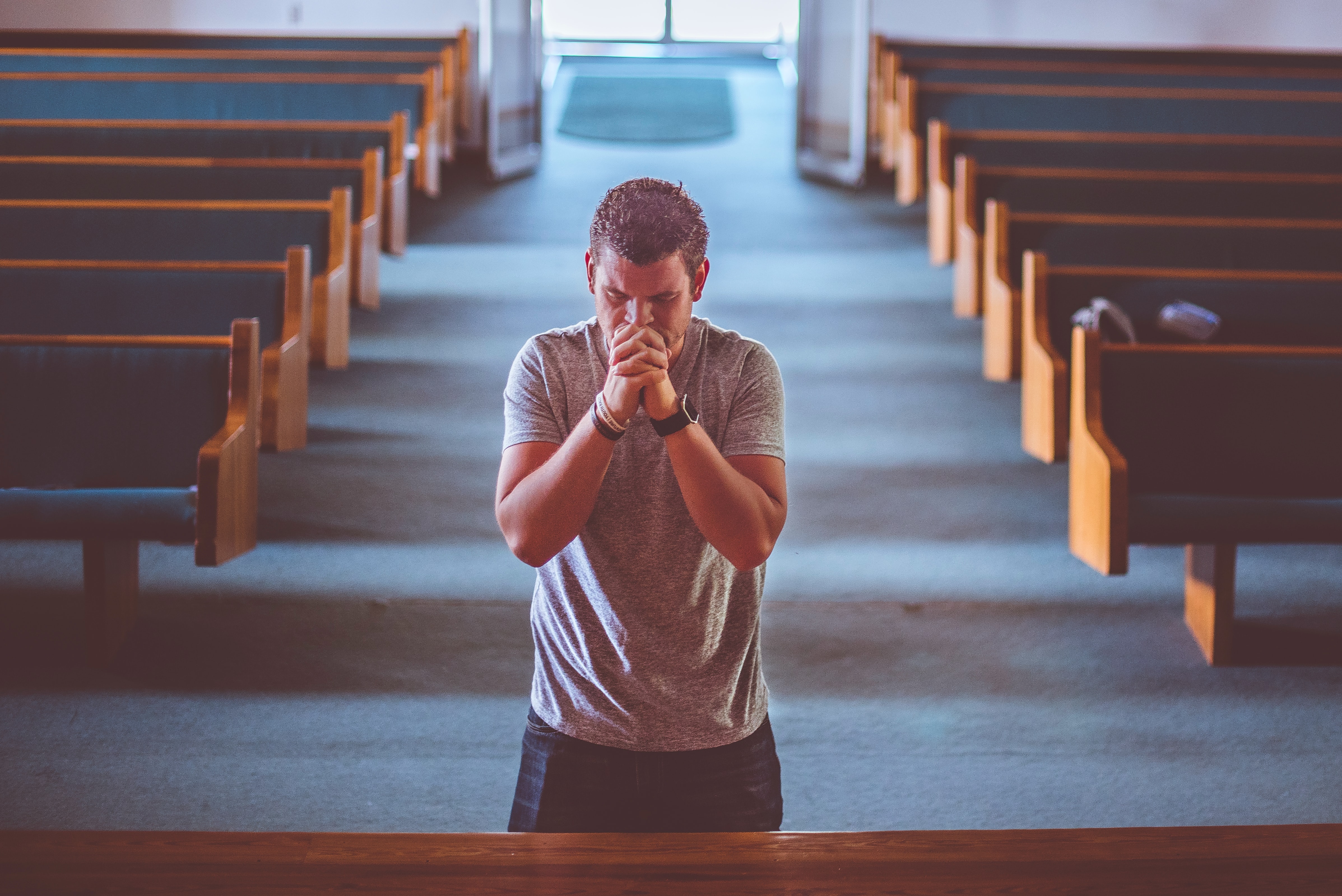


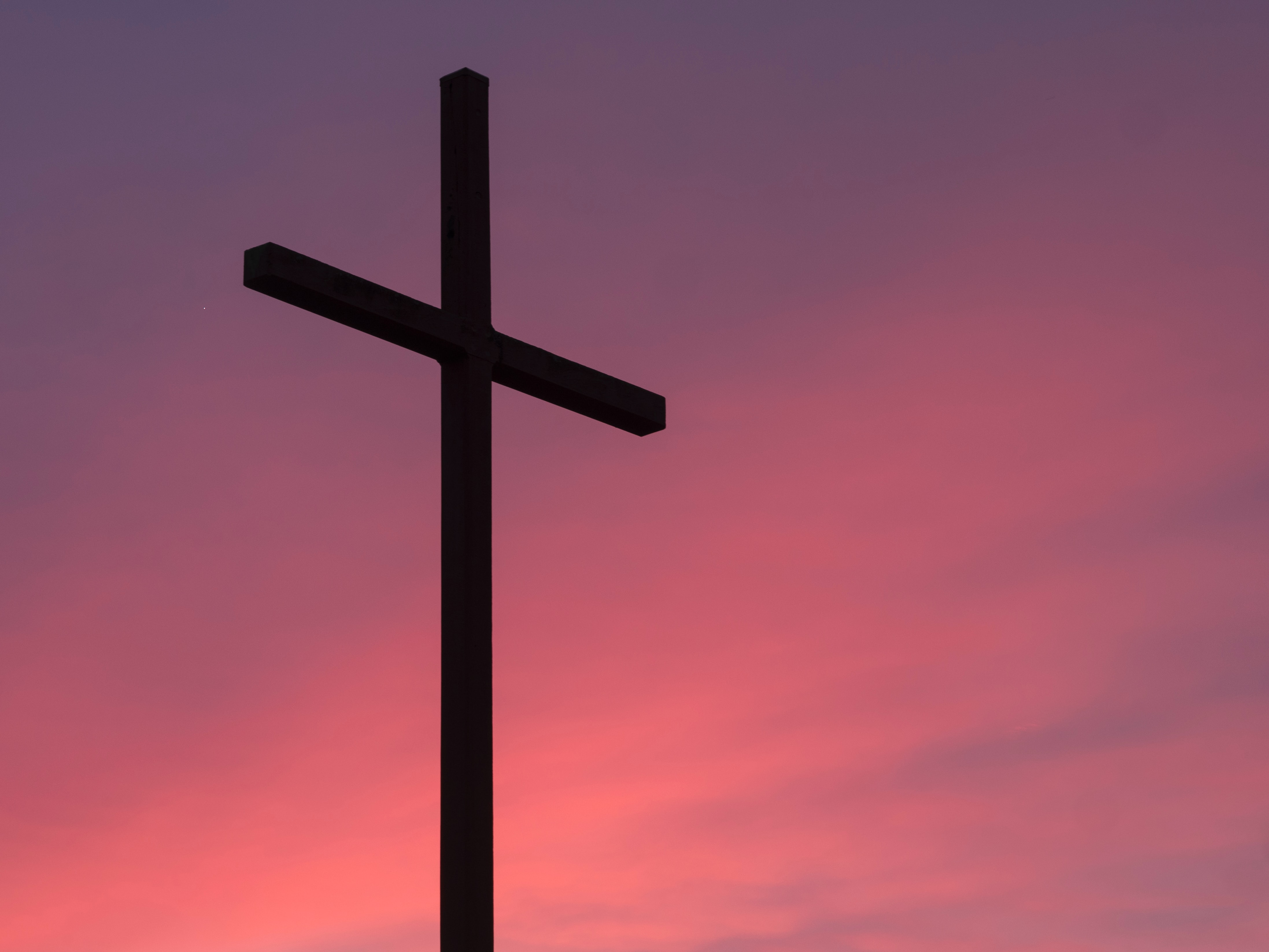
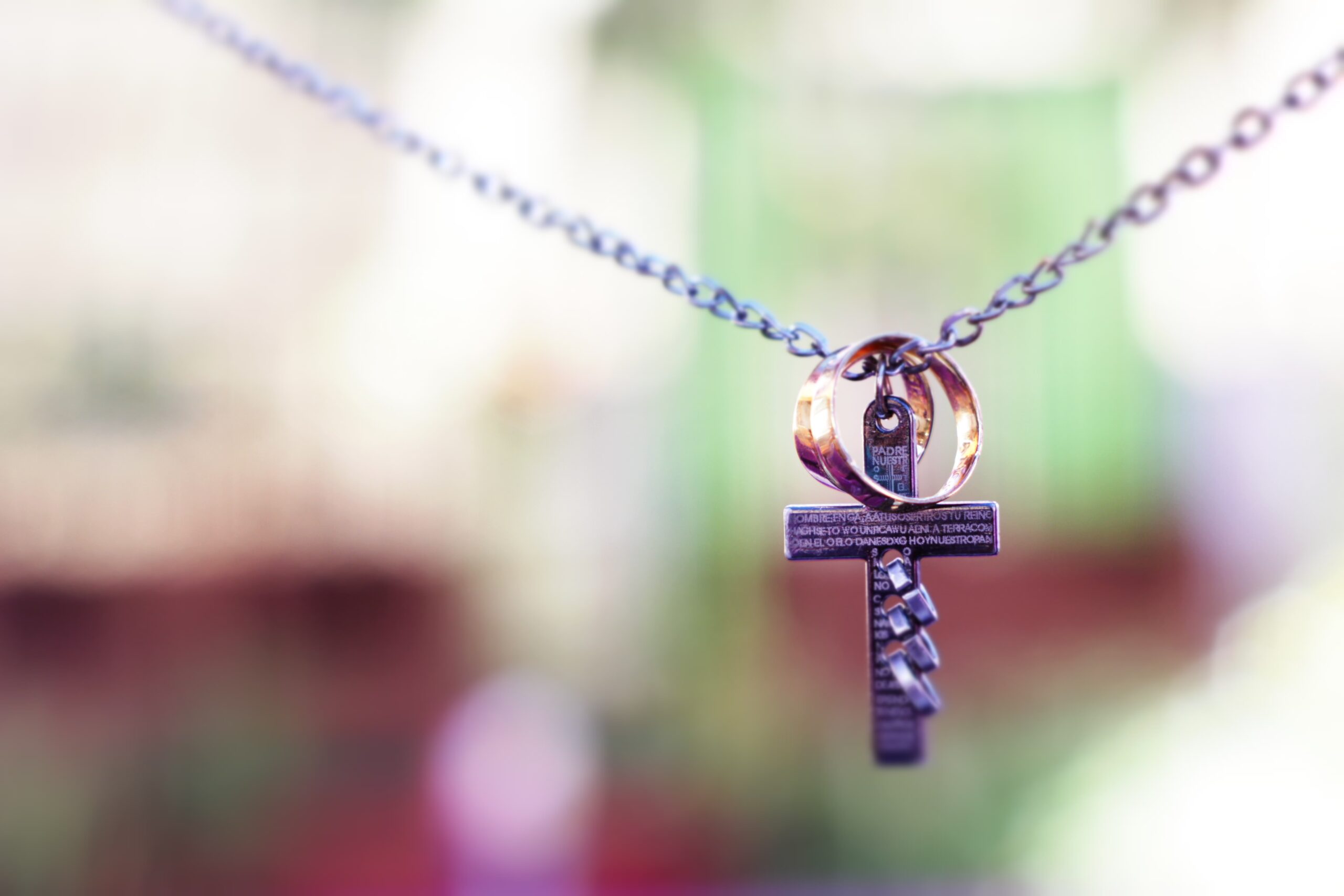
 Briana is the Pastoral Minister at St. Mark Church in Cleveland, OH. She received her Bachelor of Arts in Theology and Catechetics from the Franciscan University of Steubenville, OH and is excited to use these skills to serve the Church.
Briana is the Pastoral Minister at St. Mark Church in Cleveland, OH. She received her Bachelor of Arts in Theology and Catechetics from the Franciscan University of Steubenville, OH and is excited to use these skills to serve the Church.